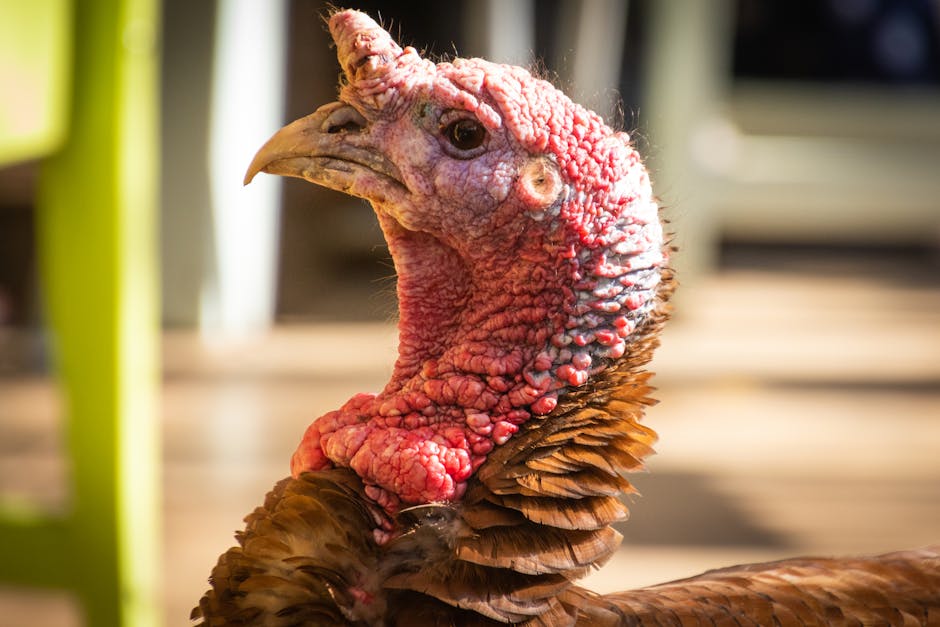Bird Flu and Thanksgiving Turkey: What You Need to Know
As Thanksgiving approaches, global food trends—including the recent bird flu outbreak in the U.S.—may raise concerns for Indian consumers. While the virus has disrupted poultry supplies, experts confirm that Thanksgiving turkey remains safe to eat, though prices could rise.
Bird Flu Outbreak: Key Facts
Avian influenza (H5N1) has led to the culling of millions of turkeys and chickens in the U.S., tightening supplies ahead of the holiday season. Though India’s poultry imports are restricted, reduced U.S. production could impact global prices, affecting expats and premium retailers.
Is Thanksgiving Turkey Safe to Eat?
Yes. Health authorities like the USDA and WHO confirm that properly cooked turkey (165°F/74°C) kills the virus.
– Dr. Anika Patel, food safety expert: “Bird flu doesn’t survive thorough cooking. Follow basic hygiene—cook well, avoid cross-contamination.”
Will Prices Increase?
- U.S. turkey supply is down 5–10%, likely pushing prices up 15–20% for imported frozen turkeys.
- Rajiv Mehta, gourmet supplier: “Local alternatives like chicken, duck, or plant-based roasts may see higher demand.”
India’s Poultry Market: No Direct Impact
India’s domestic turkey production is limited but stable, with no recent H5N1 cases. Consumers can opt for:
1. Local poultry (chicken, duck)
2. Vegetarian holiday roasts
3. Label-checked imported turkey (USDA-approved)
Smart Tips for Thanksgiving Shoppers
✔ Verify imported turkey sources
✔ Use a meat thermometer (165°F)
✔ Explore Indian festive alternatives
Final Takeaway
Bird flu won’t ruin Thanksgiving dinner—just your budget. Stay safe, get creative, and support local options where possible.
For more on global food trends, follow NextMinuteNews.




